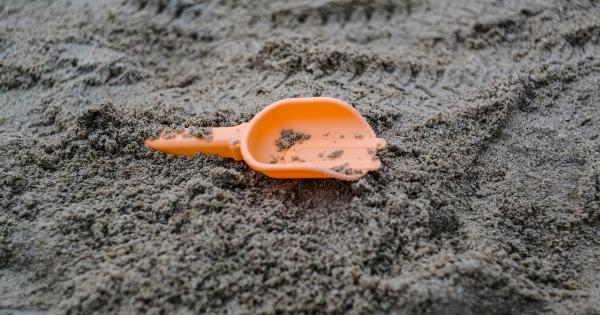Libido, often referred to as our sexual drive or desire, is a crucial aspect of human sexuality. While the intensity of libido can vary from person to person, it is influenced by a multitude of factors.
Understanding these factors can help shed light on why our sexual desire may fluctuate and how to address any concerns that may arise.
1. Hormonal Imbalances
One of the primary factors that can affect libido is hormonal imbalances. Hormones such as testosterone, estrogen, and progesterone play a vital role in regulating sexual desire.
Any fluctuations or disruptions in these hormones can lead to changes in libido.
Hormonal imbalances can arise due to various reasons, including age, certain medical conditions, stress, and medications. For example, women may experience a decline in estrogen levels during menopause, leading to a decrease in libido.
Similarly, men may have reduced testosterone levels as they age, affecting their sexual desire.
2. Stress and Mental Health
Stress and mental health have a significant impact on libido. High levels of stress, anxiety, and depression can dampen sexual desire and lead to a lack of interest in intimacy.
These mental health conditions often result in fatigue, poor self-esteem, and difficulty focusing on pleasure, all of which can contribute to decreased libido.
It is important to address underlying stressors and work on improving mental well-being to promote a healthy libido. Seeking therapy, practicing stress management techniques, and addressing any underlying mental health conditions can be beneficial.
3. Relationship Issues
Relationship dynamics play a crucial role in shaping our sexual desire. Problems within a relationship, such as communication issues, unresolved conflicts, or lack of emotional intimacy, can negatively impact libido.
A healthy and satisfying emotional connection is often essential for a fulfilling sexual relationship.
Open and honest communication with your partner is vital in addressing any relationship concerns that may be contributing to a decrease in libido.
Couples therapy or counseling can be beneficial in improving communication and fostering a stronger emotional connection.
4. Medications
Various medications can affect libido as a side effect. Certain antidepressants, antipsychotics, blood pressure medications, and hormonal contraceptives are known to impact sexual desire.
If you suspect that medication may be interfering with your libido, it is important to consult with your healthcare provider.
They may be able to provide alternative medications, adjust dosages, or suggest strategies to mitigate the effects on your sexual desire.
5. Lifestyle Factors
Several lifestyle factors can influence libido as well. Lack of exercise, poor diet, smoking, excessive alcohol consumption, and drug use can all contribute to decreased sexual desire.
Engaging in a healthy lifestyle, including regular physical activity, proper nutrition, and reducing harmful habits, can positively influence libido.
Additionally, getting enough sleep is crucial for maintaining a healthy libido. Chronic sleep deprivation can lead to fatigue and a decrease in sexual desire.
6. Fatigue and Energy Levels
Fatigue, whether physical or mental, can impact libido. Exhaustion and lack of energy can make it difficult to feel sexually aroused or interested in intimacy.
Identifying and addressing the underlying causes of fatigue and finding ways to improve energy levels, such as through proper rest and stress management, can help combat this issue.
7. Age
Age is a natural factor that affects libido. Sexual desire tends to fluctuate throughout the different stages of life. While libido tends to be higher during adolescence and early adulthood, it can gradually decline with age.
However, it is important to note that age-related changes in libido can vary greatly among individuals.
8. Body Image and Self-Esteem
Body image and self-esteem can influence one’s sexual desire. Individuals who struggle with body image issues or have low self-esteem may feel less confident in their sexual attractiveness, leading to a decrease in libido.
Cultivating a positive body image and building self-esteem can positively impact sexual desire.
9. Medical Conditions
Several medical conditions can affect libido. Chronic illnesses, such as diabetes, cardiovascular disease, and hormonal disorders, can contribute to a decrease in sexual desire.
Additionally, conditions that cause chronic pain or fatigue can also impact libido. It is important to consult with healthcare professionals to address any underlying medical conditions and manage their effects on libido.
10. Cultural and Societal Factors
Cultural and societal factors can influence how libido is perceived and expressed. Societal norms, cultural beliefs, and religious values play a role in shaping individuals’ attitudes towards sexuality.
These factors can vary significantly across different societies and may impact how individuals view and experience their own sexual desire.
Addressing and understanding these factors can be crucial in maintaining a healthy libido. It is important to remember that libido can fluctuate throughout life and that seeking professional help is always an option if concerns arise.






























